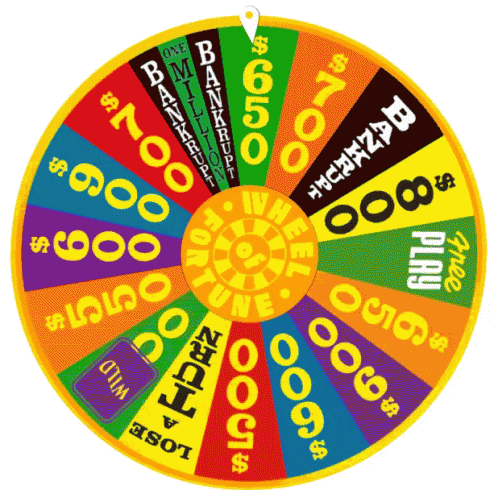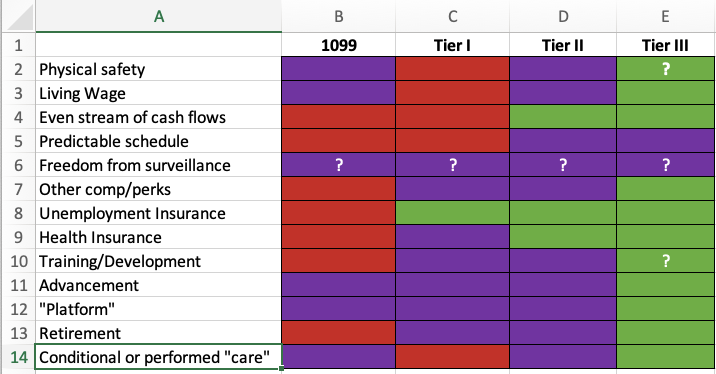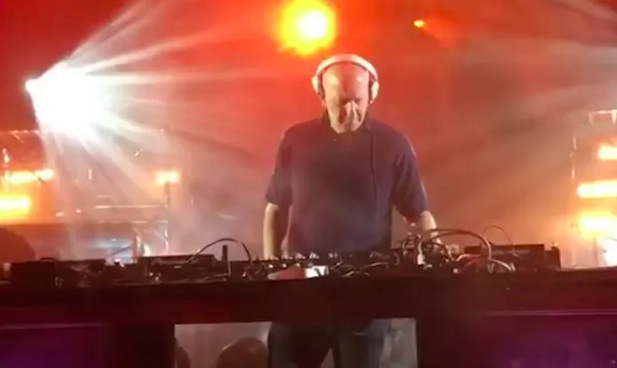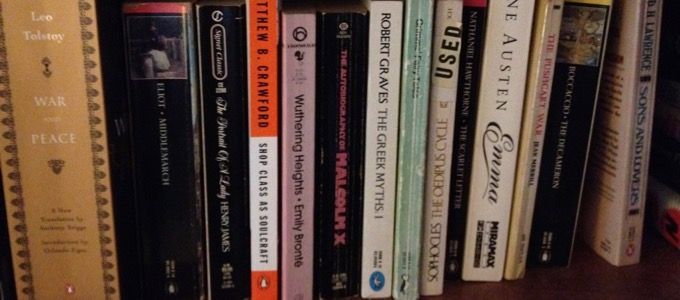Warm Take: Bargaining. June 28, 2020
This went out via email to supporting members of On Management on June 28, 2020. I un-paywalled it on August 2. To receive Warm Takes via email, subscribe here.
It would be particularly American of me to claim that Americans love models — particularly white Americans — more than anyone else does.
Narrative is a model; there’s a beginning, middle, and end. See The Hero’s Journey.
Logic is a model; if you do this, you get that. Hello, meritocracy.
IMO, when a model takes hold of the mass imagination, it becomes an oversimplification. Like a cartoon.
Then, the model gets used in all kinds of rationalizations, arguments, excuses.
If you just get into the right school. If you learn to code.
So, with caution, caveats, and even a teeny bit of shame, I’m going to bring up Elisabeth Kübler-Ross’ Five Stages of Grief.
I only know this model, theoretically, in its cartoon version.
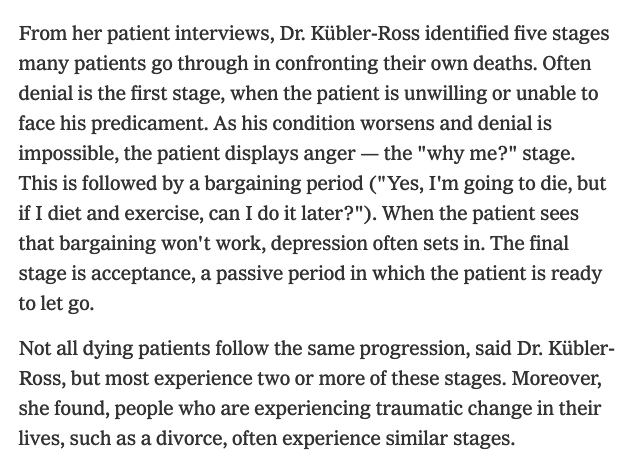
And I know the stages of grief through personal experience and various losses. Including this global pandemic.
Last week, I found a bit of clarity about what the virus will bring to my career and my personal life. This may have been the beginning of the end of Bargaining for me.
I’m not sure what will happen next, or whether I’m truly done Bargaining. I accept that something big must shift.
So, long intro and my caveat: maybe I’m projecting. In my view, pandemic decisions being made by our leaders — both elected and annointed — contain more than a measure of Bargaining.
If you do this, you’ll get that.
Many in my close circles have had the privilege to work remotely. “Everything on Zoom,” can co-exist quite neatly with both Denial and Bargaining.
Denial tells us that working/learning from home can replace our former office rituals. That this will be temporary, and good enough. That what we experienced before was normal. And, that we can go back to that.
Maybe one of the healthiest things I’ve seen in tech has been when companies have told people they’re not going back to the office this year. Or maybe ever.
Now, for years, many companies have been under pressure to offer more remote roles, particularly in expensive cities like NYC and San Francisco.
Even in some companies that aren’t remote first, certain workers have been deemed to “merit” remote work arrangements.
I digress.
The point is, Denial is not the operating principle in some of these remote work decisions.
Instead, they’re Bargaining. Bargaining tells us that we know what we’re doing.
I’ve read a bit about people being pressured to return to offices. This is also Bargaining. That we can make our offices safe. That cause and effect fall neatly under our span of control.
That we, in fact, know best.
Some close contacts have shared their recent experiences with me. They’re all knowledge workers, in a range of industries, and at varying levels of seniority.
Though their clientele and jobs differ, a common factor is that they provide service to clients all over the country. Before and during the virus, client interactions happened over the phone, email, etc. Though they showed up at corporate offices every day, their client-facing work has been remote.
What these workers have in common is that management has reasons for why they must return to the office. The rationale assumes that someone in management knows how this is all going to work out.
Special distancing measures or health surveillance measures or CDC guidelines…
If we do this, we’ll get that.
My octagenarian parents are both very smart people. And they have a ritual that, for years, I could never believe: they watch the Wheel of Fortune after dinner.
My NYC bubble doesn’t include a lot of Wheel Watchers. Now that I’ve been spending time with Mom and Dad, I’ve experienced it.
If you’re not familiar with the Wheel of Fortune, it’s a guessing game.
A phrase is hidden behind blank crossword squares. Three contestants are told the puzzle’s theme. They take turns spinning a roulette-like wheel, and may land on a dollar figure or a prize. Then it’s their turn to guess a letter, or solve the puzzle.
There are also various bad outcomes. Right as you’re about to solve the puzzle, you can land on “bankrupt,” and lose all of the money you just won.

It’s not a game of straight up probability; players also have to solve the word puzzles. People who are good at solving the puzzle can lose it all on a bad spin.
It’s not the Wheel of Skill, the Wheel of Intelligence, or the Wheel of Strategy.
And neither is returning remote workers to the office. It’s a decision under uncertainty.
One of my own family members has said, “If I get it, I get it.” Denial.
Another wants to fly to out of state in July to handle family business that’s important, but not urgent. They told me that they’ll keep their eye on conditions in that state before deciding whether to make that trip. Bargaining.
In the US, we’re nearly 20% of the way to matching the death toll of the 1918 flu virus.
Let’s say that a CEO or business owner is willing to assume that workers in their company:
- are not asymptomatic and infectious
- can safely use can public transit, though they’ll come into contact with hundreds of others with unknown health conditions
- have not been hanging out in crowded indoor places where people aren’t wearing masks.
That leader is in Denial (of their powerlessness) and Bargaining (with a force of nature that they don’t understand.)
“Opening the office” is not a business decision. It is not a game of skill. It’s game of chance.
And it’s not a game.
It’s also not a business decision. It’s a moral decision.
Thanks for reading, supporting, and sharing my newsletter with others!
Today’s Warm Take was written kind of piecemeal on Sunday morning, between my coffee and various other doings. Like my other Warm Takes, there may be typos and incomplete thoughts. Sometimes I go back and fix the errors that feel egregious.
Of course, also egregious, broken things about our working culture are being exposed, including many injustices that are beyond my ken, and my niche. All I can think of to do, for now, is minimize the contact I initiate with people who can’t work from home.
Please send me a note if you have questions, comments, thoughts, ideas, suggestions or feedback. Or if you just want to say hi. I love to hear from you.
Be well, and be healthy,
